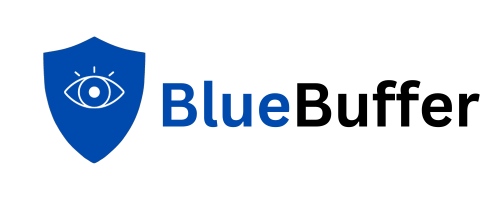How does blocking Blue Light before bed benefit athletes’ sleep? A 2018 European study from Melanie Knufinke and Lennart Fittkau-koch dove into this exact question. The study can be found here: “Restricting short-wavelength light in the evening to improve sleep in recreational athletes – A pilot study”
P.S., if you don’t want to pay for medical journal articles you can use https://sci-hub.se/ (you didn’t hear that from us…)
The Study
In the study, 15 participants were cross-randomized to wear blue-blocking glasses (amber tinted, blocks Blue Light rays) and placebo glasses (clear, no tint, the control group) for three hours prior to bed for a week and results were studied. A breakdown of the timeline is below:
- Two days of habituation (to get a baseline of measurements)
- Seven days of wearing the blue-blocking or placebo glasses (randomized between participants)
- Four days of rest
- Repeat with the above with the other (blue-blocking or placebo glasses)
The 15 Participants (12 women, 3 men) were aged ~20 to 27, all engaged in at least an hour of endurance or strength training a week, reported moderate to good sleep quality beforehand, were free of sleep medication, consumed less than 500mg of caffeine a day, had low to non alcohol consumption, no pregnancy, and no recent time-zone changes that would impact their sleep habits.
Now that all participants were established as healthy, having no sleep issues beforehand, Knufinke and team wanted to see if blocking Blue Light had any effect on their sleep. Given all participants were recreation athletes, sleep is paramount to their recovery process.
It should be noted that participants were under the presumption the study was to test their mood and alertness, not their sleep, so as to prevent any outcome expectancies in the study..
The Results
The results showed that as compared to the week with no Blue Light restriction (the control group), when blocking Blue Light three hours before bed participants had:
- Significantly shortened sleep latency (fell asleep 7 minutes faster)
- Improved sleep quality (6% increase)
- Increased alertness the following morning (self reported).
We all know how important sleep is to athletes (and people in general) in regards to recovery and performance, so the results of this study are fairly shocking for such a minor change before bed.
What does this mean for me?
You may think, “Wow, that’s great and all but I don’t want to wear glasses every night before bed, and who knows if I’ll remember to wear them every night!” Well, that’s where we come in!
BlueBuffer is a Blue Light blocking iPhone screen case, blocking the Blue Light emitted from your screen with no loss in functionality or visibility. We made BlueBuffer because we realized the biggest culprit of Blue Light before bed was from late night scrolling. After reading the medical literature about the benefits of Blue Light blocking (like the study outlined above), we wanted to find a way to take Blue Light exposure off the table with no change in lifestyle.
So, if you don’t want to wear glasses before bed every night but still want to fall asleep faster (lower sleep latency), sleep better (higher sleep quality), and be more alert in the morning, you should check us out.
P.S. if you’ve made it this far in the article, try using “EARLYACCESS” at checkout for $10 off.
Thanks so much for reading and check out our blog for more breakdowns of medical research on Blue Light!

